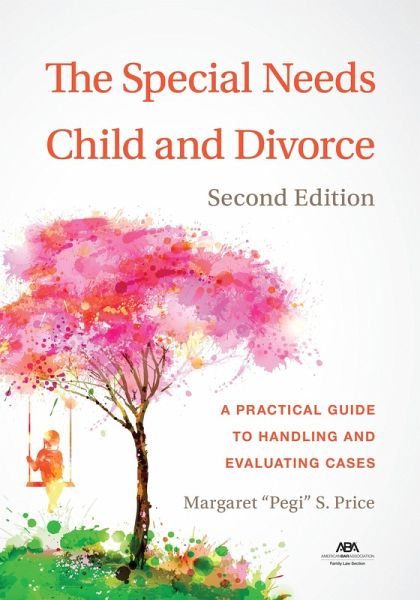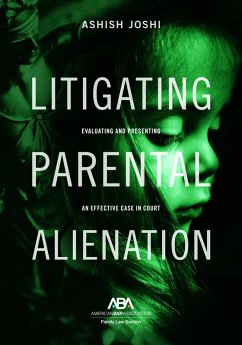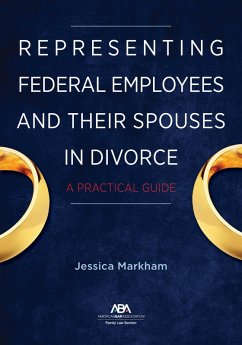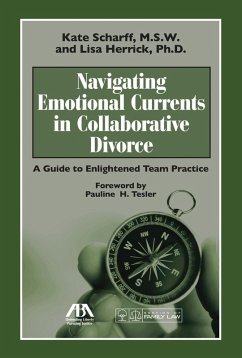The author, Margaret Pegi S. Price, JD, is a professor and lawyer. Before going into full-time academia, her practice was limited exclusively to the practice of family law divorce, paternity, child support, custody and visitation, guardianships, and adoptions. Pegi is a past chair of the Family Law Section of the Bar Association of Metropolitan St. Louis and was a member of AFCC, the Association of Family and Conciliation Courts, and of the National Council on Family Relations (NCFR). Pegi has written many legal articles on family law and other topics. She presented a paper and was a speaker at the 2006 World Autism Congress in Cape Town, South Africa, on the subject of divorce and families with autism. Pegi has also spoken on the subject of divorce and families with autism at the National Conference of the Autism Society of America and at regional legal community conferences and seminars for educators and professionals in the special needs community.
She is a past president of the Gateway (St. Louis) chapter of the Autism Society of America and has done extensive lobbying of state government on behalf of families with special needs. Pegi is very involved in the special needs community, works with many individuals and families who have special needs, and does public speaking on this subject to increase awareness of special needs and spread a message of hope to families. Her son was diagnosed with autism at age three (1998) and underwent intensive early intervention and therapy. Three years later, Pegi went through a divorce and wrote her first parenting plan involving serious special needs. Two years after the divorce (March 2003), her son emerged from autism. His story aired on NBC in February 2005 as one of the first children in the United States to emerge from autism. He is called a pioneer in the field of autism. His story was the subject of a feature on CW11, which filmed him at school and while flying an airplane. He flew airplanes for four years, beginning when he was ten years old.
Her son was 14 years old when the first edition of this book was published. He is now 27, and has a BA in theater, film, and digital production with a concentration in writing for the performing arts; an MFA in professional screenwriting; and is beginning his teaching career at a local college. Pegi hopes that sharing his story inspires attorneys, judges, and families to believe in what these children can do if we meet their special needs when their families go through divorce.
Although the author's experience has been primarily with autism, her experience spans many types of special needs. Her younger sister is disabled and required hours of daily physical therapy throughout childhood. Pegi has done a great deal of work with special needs children and adults, including working with cognitively challenged persons and teaching fine art to children and adults with vision loss.















